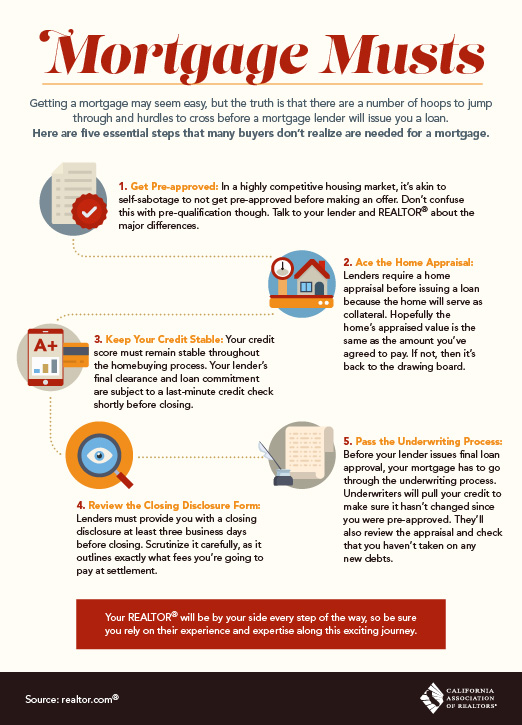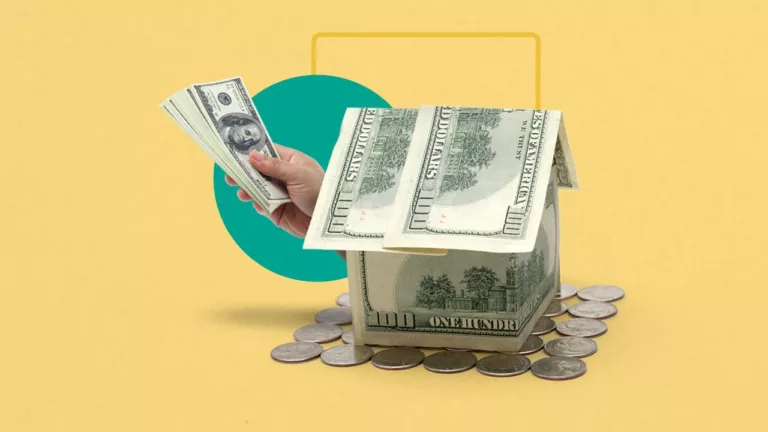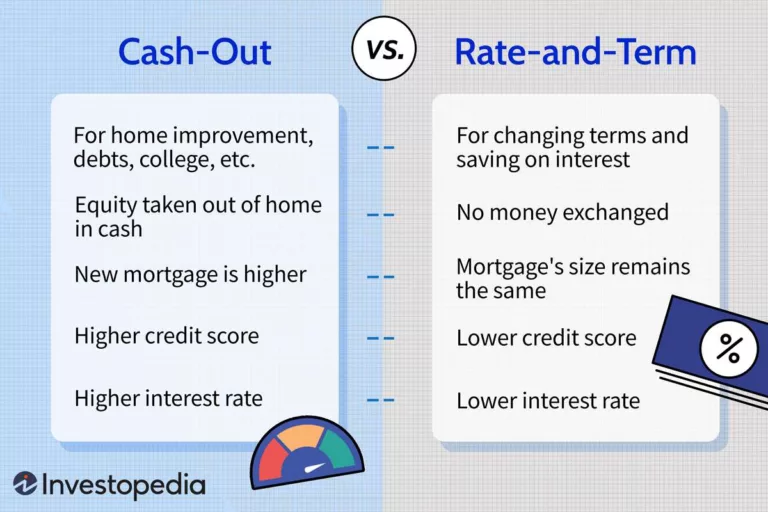Discover the Truth: Who Really Pays the Mortgage on a House in a Trust?
The person named as the beneficiary of the house in a trust is responsible for paying the mortgage. The trust provides legal protection for the property and allows for the transfer of ownership without going through probate.
In estate planning, individuals often use trusts to pass on their assets to their beneficiaries while avoiding probate and reducing estate taxes. A trust is a legal arrangement where a trustee holds and manages assets on behalf of the beneficiaries.
When it comes to a house in a trust, the trustee is responsible for managing it, but the beneficiary generally pays the mortgage. This arrangement ensures that the mortgage payments are taken care of while protecting the property from potential creditors and ensuring its smooth transfer to the beneficiary upon the trustee’s passing. By understanding the dynamics of a house in a trust, individuals can make informed decisions about their estate planning strategies.

Credit: mortgageone.com
Understanding House Trusts
What Is A House Trust?
A house trust, also known as a living trust or a revocable trust, is a legal arrangement where a person, known as the grantor, transfers ownership of a property to a trust. The grantor retains control and rights to the property during their lifetime, but the property is held in the trust and managed by a trustee. The trust specifies what happens to the property after the grantor’s death or incapacitation.
Types Of House Trusts
There are different types of house trusts that can be used to hold property. Here are some common examples:
- Revocable Living Trust: This trust allows the grantor to make changes or revoke the trust during their lifetime. It provides flexibility and allows the grantor to retain control of the property while also avoiding probate.
- Irrevocable Trust: Unlike a revocable trust, an irrevocable trust cannot be changed or revoked. Once the property is transferred to an irrevocable trust, the grantor gives up control and ownership of the property.
- Charitable Remainder Trust: This type of trust allows the grantor to donate the property to a charitable organization while still receiving income from the property during their lifetime. Upon the grantor’s death, the remaining assets pass to the charity.
- Qualified Personal Residence Trust: With this trust, the grantor transfers their primary residence or vacation home into the trust. The grantor retains the right to live in the property for a specified period, after which the property passes to the beneficiaries.
These are just a few examples of the types of house trusts that can be used to hold property. Each type has its own rules and benefits, so it’s important to consult with an attorney or estate planner to determine which type of trust is best suited for your specific situation.

Credit: experiencedwashingtoncaliforniarealtor.blog
The Trustee’s Role
In a house trust, the trustee plays a crucial role in managing various aspects of the trust, including the payment of the mortgage. The trustee is responsible for ensuring the funds are available to cover the mortgage payments and that they are made in a timely manner. As the person entrusted with the administration of the trust, the trustee has specific responsibilities and legal obligations that must be adhered to.
Responsibilities Of The Trustee
The trustee is responsible for the day-to-day management of the trust, which includes handling the mortgage payments. Here are some of the key responsibilities of the trustee:
- Overseeing the financial affairs of the trust.
- Maintaining accurate records of all income and expenses related to the trust.
- Ensuring that there are sufficient funds available to cover the mortgage payments.
- Monitoring the repayment plan and making sure that payments are made on time.
- Communicating with the beneficiaries of the trust regarding any changes or updates.
- Coordinating with the lender and other relevant parties to resolve any issues or concerns that may arise.
Legal Obligations Of The Trustee
As a trustee, it’s important to understand and fulfill your legal obligations to the trust and its beneficiaries. When it comes to the mortgage payments, the trustee must:
- Act in the best interests of the trust and its beneficiaries, ensuring their financial well-being.
- Exercise care, diligence, and skill in managing the trust’s assets, including making mortgage payments on time.
- Avoid conflicts of interest and act impartially towards all beneficiaries.
- Fulfill any specific duties outlined in the trust deed or relevant legislation.
- Keep accurate records and provide financial statements to the beneficiaries as required.
By understanding their responsibilities and legal obligations, trustees can effectively manage the mortgage payments and ensure the smooth operation of the trust.
Understanding Mortgage Payments
When it comes to buying a house in a trust, it’s important to understand the intricacies of mortgage payments. Who is responsible for making these payments? This blog post will delve into the factors that determine this responsibility.
Who Is Responsible For Making Mortgage Payments?
To determine who is responsible for making mortgage payments on a house held in a trust, several factors come into play. It typically depends on the specific terms of the trust agreement and the roles of the individuals involved.
Factors That Determine Mortgage Payment Responsibility
1. Trustee: The trustee is the person responsible for managing the trust and its assets. In some cases, the trustee may also be responsible for making mortgage payments. This responsibility may be clearly outlined in the trust agreement.
2. Beneficiary: The trust beneficiary may also have a role in making mortgage payments. This could be the case if the beneficiary is using the trust property as their primary residence or if the trust agreement stipulates that they are responsible for the mortgage.
3. Trustor: The trustor, or the person who created the trust, may retain responsibility for mortgage payments. This scenario is more common in revocable trusts, where the trustor maintains control over the trust assets.
4. Trust assets: The availability of funds within the trust can also affect mortgage payment responsibility. If the trust lacks sufficient funds to cover the mortgage, the trustee, beneficiary, or trustor may need to contribute funds to ensure timely payments.
5. Other agreements: It’s important to consider any additional agreements or contracts related to the trust property. For example, if the property is being rented out and generating income, the tenant may be responsible for the mortgage payments.
Remember, the responsibility for mortgage payments on a house held in a trust can vary depending on the specific circumstances. To fully understand who pays the mortgage, it is crucial to review the trust agreement and consult with legal professionals experienced in trust matters.
Implications For Trust Beneficiaries
Trusts are a popular estate planning tool that can provide various benefits, including asset protection and tax savings. When it comes to owning real estate, placing a property in a trust can offer additional advantages. However, it’s essential for trust beneficiaries to understand their rights and obligations regarding mortgage payments on a house held in a trust. This article explores the potential implications for trust beneficiaries in this scenario.
Rights And Obligations Of Trust Beneficiaries
Trust beneficiaries have certain rights and obligations that arise from their status as beneficiaries of the trust. These rights include the potential to receive income or distributions from the trust, as well as a right to be informed about the trust’s activities and management. On the other hand, trust beneficiaries also have obligations, such as complying with the terms of the trust and acting in the best interests of all beneficiaries.
When a house is held in a trust, the trustee is responsible for managing the property and ensuring that all obligations, including mortgage payments, are fulfilled. However, the specific rights and obligations of trust beneficiaries regarding mortgage payments can vary depending on the terms of the trust and applicable state laws.
Impact Of Mortgage Payments On Trust Beneficiaries
Mortgage payments on a house held in a trust can have both direct and indirect impacts on trust beneficiaries. These impacts may include:
- Financial Responsibility: In some cases, trust beneficiaries may be assigned specific financial responsibilities, such as contributing to mortgage payments. This obligation can strain their finances and potentially affect their ability to meet other financial obligations.
- Equity and Ownership: Trust beneficiaries may have an interest in the equity of the property held in the trust. As mortgage payments are made, the equity in the property can increase, and beneficiaries’ ownership rights may also be impacted.
- Income and Distributions: Trusts can generate income through rental payments or other sources. Mortgage payments are typically factored into determining the net income available to be distributed to beneficiaries. Therefore, the amount of income received by beneficiaries may be impacted by mortgage expenses.
- Future Planning: Mortgage payments may impact the future planning opportunities of trust beneficiaries. For example, if beneficiaries were planning to sell the property to access funds, they may need to consider the impact of any outstanding mortgage and potential capital gains tax implications.
It’s important for trust beneficiaries to be proactive in understanding their rights and obligations regarding mortgage payments on a house held in a trust. Consulting with a knowledgeable attorney or financial advisor can provide valuable guidance to ensure the best interests of all beneficiaries are protected.

Credit: www.facebook.com
Frequently Asked Questions For Who Pays The Mortgage On A House In A Trust
How Does A Mortgage Work In A Trust?
A mortgage in a trust works by transferring the property’s ownership to a trust, which then assumes responsibility for the mortgage. The trustee manages the mortgage payments and ensures they are made on time.
Should My Mortgage Be In The Name Of My Trust?
Yes, it can be advantageous to have your mortgage in the name of your trust. Doing so may provide asset protection and help avoid probate. However, consult a legal expert to determine if it aligns with your specific situation and goals.
What Are The Disadvantages Of Putting Your House In A Trust?
Putting your house in a trust has potential disadvantages, such as limited control over the property, complexity of the process, and potential tax implications. Trusts also require ongoing maintenance and may limit your ability to access certain financial benefits. Consider consulting a professional before making this decision.
What Happens If You Inherit A House That Still Has A Mortgage?
If you inherit a house with an existing mortgage, you may need to continue making the mortgage payments. You can either assume the mortgage or sell the house to pay off the mortgage debt. It’s important to consult with a legal professional to understand your options and obligations.
Conclusion
To sum up, determining who pays the mortgage on a house in a trust is a matter of understanding the specific terms and arrangements within the trust document. The trustee, as the legal owner of the property, is typically responsible for mortgage payments.
However, the source of funds for these payments can vary depending on the trust’s provisions. It is crucial to consult with an attorney or financial advisor to fully comprehend the responsibilities and obligations associated with a trust.



